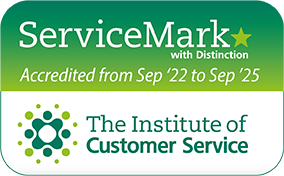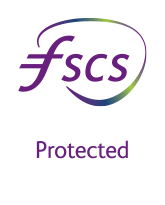If you have received an e-mail asking you to complete a survey from the ICS, please click here to read more about this request.
Conveyancing fraud is resulting in huge losses for house buyers, reports Action Fraud. People involved in house purchases are being targeted to transfer their money to bank accounts under the control of fraudsters.
Fraudsters achieve this by sending a fake email, which can appear identical to authentic versions, informing the buyer(s) that bank account details have changed at the last minute and that money should be placed into a different account. The new account is controlled by the fraudster, resulting in financial losses for the house-buyer(s) or solicitor involved.
There are ways to stop conveyancing fraud happening to you. The most important thing is not to feel pressured into changing bank details. Question it. Check the email address carefully and if in doubt, phone to check the information you have been sent is correct.
Here are some other ways which could protect you from conveyancing fraud:
-
Avoid using public Wi-Fi systems to check emails when you are purchasing a house. These systems can be quite vulnerable and easy for a fraudster to hack into
-
Resist the temptation to update your status on social media sites about buying/selling or getting a mortgage
-
Use strong passwords for your accounts and ensure you have anti-virus software installed on all your devices
-
Agree that any changes in bank details during the conveyancing process will be made in person only.
If you need to report fraud, call Action Fraud on 0300 123 2040 or use their online fraud reporting tool. You will receive a police crime reference number.






